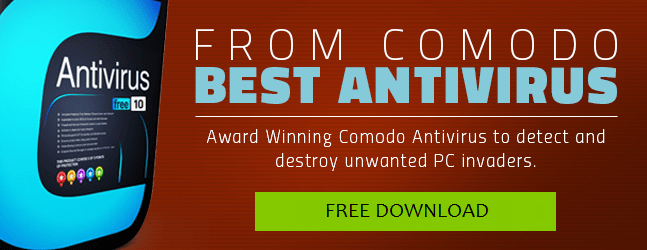 Christmas Bells are ringing and Santa is coming all the way to give you Christmas presents. Here is a small gift , a few tips on how to protect your computers from malware attack this Christmas 2014. Busy with shopping, you make forget to ensure you are protected while shopping online.
Christmas Bells are ringing and Santa is coming all the way to give you Christmas presents. Here is a small gift , a few tips on how to protect your computers from malware attack this Christmas 2014. Busy with shopping, you make forget to ensure you are protected while shopping online.
Most users have to start with the basics, make sure you have security software installed, running and up to date.
These are some ways to avoid malware attack:
1. The need to install Firewall and antivirus software:
Firewall and Antivirus for Windows 8 are considered as the first line of defense. If there is no antivirus software in your computer then you must be sure that you are already in the hands of the hackers in no time. There is an antivirus software that is available for $7.99/yr, for users who really cannot afford to buy a paid one. The antivirus software provides the complete needs to protect the computer.
Comodo Antivirus program can be the best choice for the users to protect their PCs from the hackers, Comodo Antivirus software has been found to defend the most powerful surveillance software.
2. Regular updates of all software:
Once you install an antivirus program – it is not the end of the whole chapter. Every day, every other hour malware is being released by the malware writers. The antivirus program is useful only when the user updates the new version of antivirus software on his computer that is fed with the latest virus definitions, hence shields the system to defend even the most latest malware entry.
Set it in such a way that the system automatically updates the virus protection software. This will make the user even more comfortable so that the user need not bank on his/her memory to update it.
This is the same for any software that is installed on your computer. The operating system should also be updated without fail. If not the computer will be vulnerable to malware attack. Automatic updates should be turned on to avoid confusion.
4. Depend on Trusted Software:
While installing a software it is very important to know if the software that you are going to install is authorized or not. If you are unsure about the software, it is better not to install. In certain cases the software demands to install few other programs, beware of such cases as it can also be a spyware. If you are installing from familiar major companies like Adobe and Microsoft then you are in the safe page. Otherwise it is always better to scan it for the first time before installing it on the system.
5. Avoid Peer-2-Peer File Sharing Software:
It is a warning to avoid the use of Peer-2-Peer Software that helps in sharing movies, software and so on. You might not be aware of the fact that while downloading songs you might end up in installing a keystroke logger as well. This might end up in sending whatever you type, to another computer over the internet. This can only be identified if the antispyware or the antivirus software finds it out during the scanning processes.
6. Avoid clicking on Suspicious Ads:
There may be ads that might pop up on your screen showing attractive deals. It is always better to avoid clicking on those ads as it can be malicious.
7. Avoid fake Websites:
Some unnecessary sites might lead to malware infections on the system. If you find the website to be suspicious please do not visit it. Also check for the website if it has an Https before the URL.
8. Delete Suspicious Emails:
If you receive mails from unknown people, it is better to avoid those mails, as it can be scam. Opening scams might direct you to open the links that may redirect you into suspicious website. By doing this your computer is already in the hands of the hackers.
Be extra cautious on emails that look suspicious and pretend to be mails from banks, as it might ask all the details both financial and personal details.




 (7 votes, 3.86 / 5
(7 votes, 3.86 / 5
